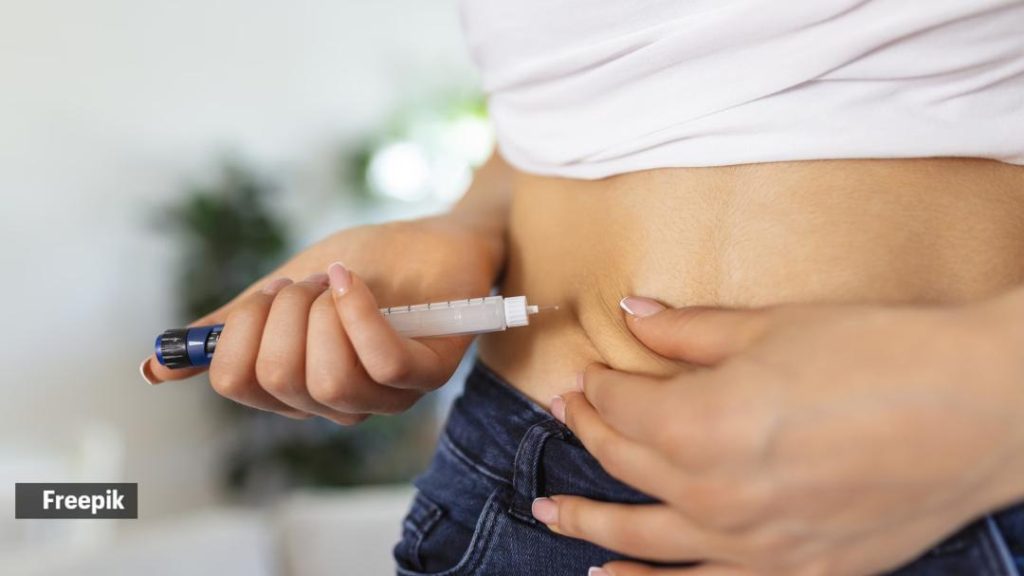
A New Treatment Could Free Diabetic People from Insulin Injections: Study
For individuals with type 1 diabetes, managing blood sugar levels is a daily routine that involves injecting insulin multiple times a day. However, a recent study published in the New England Journal of Medicine has shed light on a potential game-changer: a new treatment that could free diabetic people from insulin injections.
The study, which was conducted by a team of researchers at the University of California, Los Angeles (UCLA), involved 12 individuals with type 1 diabetes. These individuals were given an advanced stem cell therapy, which aimed to restore their natural insulin production.
The results of the study are nothing short of remarkable. A year after the treatment, 10 out of 12 (83%) participants no longer needed supplemental insulin to manage their blood sugar levels. This breakthrough has sent shockwaves throughout the medical community, offering new hope for individuals with type 1 diabetes.
Type 1 diabetes is an autoimmune disease that occurs when the body’s immune system mistakenly attacks and destroys the cells in the pancreas that produce insulin. Without insulin, the body is unable to regulate blood sugar levels, leading to a range of serious complications if left untreated.
Current treatment options for type 1 diabetes include insulin injections, which can be inconvenient and have side effects such as weight gain, low blood sugar, and skin irritation. While researchers have been working to develop more effective treatments, none have shown the same level of promise as this new stem cell therapy.
The UCLA researchers used a type of stem cell called induced pluripotent stem cells (iPSCs), which are derived from adult cells and can be coaxed into becoming various cell types. In this study, the iPSCs were transformed into pancreatic progenitor cells, which were then transplanted into the participants’ pancreas.
The study’s lead author, Dr. Hsin-Ming Lee, explained the process: “We took the iPSCs and converted them into pancreatic progenitor cells, which are the precursors of insulin-producing cells. We then transplanted these cells into the pancreas of the patients with type 1 diabetes.”
The researchers monitored the participants’ blood sugar levels and insulin production over a period of 12 months. The results showed that the treatment was effective in restoring insulin production in the majority of participants. Not only did the participants no longer require supplemental insulin, but their blood sugar levels were also well-controlled.
The study’s findings have significant implications for the treatment of type 1 diabetes. If the results are replicated in larger, more diverse populations, this new therapy could potentially revolutionize the way we manage the disease.
The study’s authors acknowledge that more research is needed to fully understand the long-term effects of the treatment. However, the initial results are nothing short of remarkable, offering new hope for individuals with type 1 diabetes.
In conclusion, the discovery of a new treatment that could free diabetic people from insulin injections is a major breakthrough in the field of medicine. The potential for this therapy to improve the lives of individuals with type 1 diabetes is significant, and further research is needed to explore its full potential.
Source:






